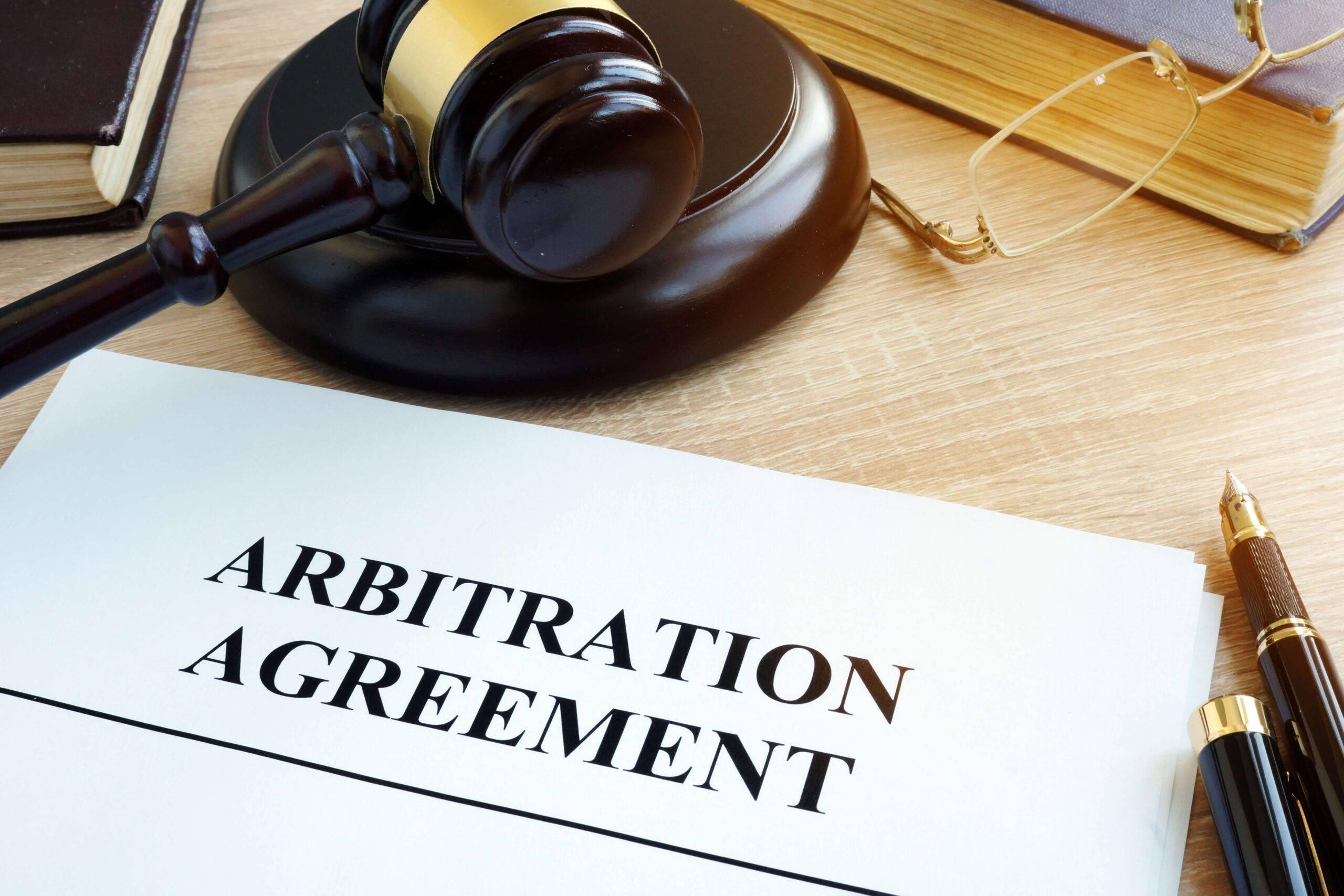On February 10, 2022, the U.S. Senate passed S. 2342, the Ending Forced Arbitration of Sexual Assault and Sexual Harassment Act of 2021, just a few days after the U.S. House of Representatives passed the bill, H.R. 4445, on February 7, 2022. If signed by President Biden as expected, the bill would make predispute arbitration agreements or joint-action waivers invalid and unenforceable “with respect to a case which is filed” that “relates to” a sexual assault or sexual harassment dispute, “at the election of the person alleging” the misconduct. According to the bill, whether this prohibition applies to an arbitration agreement and general claims regarding “the validity and enforceability” of such an arbitration agreement must “be determined by a court, rather than an arbitrator.”
Key Definitions
The bill defines the key terms as follows:
- A “predispute arbitration agreement” is “any agreement to arbitrate a dispute that had not yet arisen at the time of the making of the agreement.”
- A “predispute joint-action waiver” is defined as “an agreement, whether or not part of a predispute arbitration agreement, that would prohibit, or waive the right of, one of the parties to the agreement to participate in a joint, class, or collective action in a judicial, arbitral, administrative, or other forum, concerning a dispute that has not yet arisen at the time of the making of the agreement.”
- A “sexual assault dispute” is defined as “a dispute involving a nonconsensual sexual act or sexual contact, as such terms are defined in section 2246 of title 18 or similar applicable Tribal or State law, including when the victim lacks capacity to consent.”
- A “sexual harassment dispute” is defined as “a dispute relating to conduct that is alleged to constitute sexual harassment under applicable Federal, Tribal, or State law.”
Key Takeaways
If President Biden signs the bill, employers should review their mandatory arbitration agreements and class action waivers for any needed revisions, whether legally required or to comply with generally accepted best practices, including direction on what happens when some asserted claims are subject to arbitration and some are not. As employers prepare to comply with the bill if signed, they also should note the following:
- The legislation would take effect immediately and apply to all existing arbitration agreements, even those signed prior to the bill’s enactment.
- An employer and employee still could agree to arbitrate a sexual assault or sexual harassment dispute after it arises.
Ogletree Deakins will continue to monitor this bill and provide updates on our Arbitration and Alternative Dispute Resolution blog. Important information for employers also is available via the firm’s webinar and podcast programs.








